By Joseph G. Ogega, a student in Financial Mathematics at the University of Minnesota and CFA level I candidate.
On February 15 CFA Society Minnesota hosted a presentation by Robert P. Ryan, SVP of Commodity & Energy Strategy at BCA Research. Bob comes with more than 30 years of experience in options market and trading. Prior to joining BCA as an ME in 2014, he worked at New York Mercentile Exchange, as a Senior Economist and Director of Options Research, Commodity markets.
Bob discussed how some macroeconomic factors and policies in key global economies impact supply-demand dynamics in commodities’ market. According to him, OPEC producing countries led by Russia and Saudi Arabia will most certainly maintain their production levels for the remainder of the year. “The demand for crude oil and other refined products is expected to spring up or at least be steady in 2018 through 2019, as a result of significant growth rates registered in approx. 75% of countries monitored by the IMF,” he said.
Global supply of crude oil is expected to increase on average by 1.98mm b/d leading to 99.64mm b/d in 2018, hence U.S. shale-oil production rising by 1.15mm b/d leading global growth. Coincidentally, global demand is also expected to increase by 2mm b/d in 2019 from 100mm b/d in 2018.
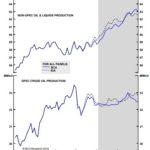
“In 2019, global crude and liquids supply will average 102.22mm b/d (+2.58mm b/d), led again by surging U.S. shale-oil production (+1.39mm b/d). “ (view graph here, slide 4)
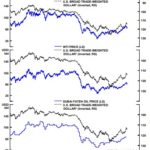
He also believes that the recent move by the Fed to raise interest rates will boost crude oil prices as a result of appreciation of the USD. (view graph here, slide 9) This effect will be felt more in the second half of 2018.
The rapid decline in Copper prices -between 2011 and 2017- is believed to be due to China registering slower growth over the same period. However, with a strengthened USD, Bob believes that the market will be able offset the supply shortfalls.
China, have since implemented monetary and environmental policy reforms aimed at encouraging importation of high-grade ores over low-grade ores. Though this has caused a depression on steel prices, China remains the biggest global consumer of iron ores. Australia and Brazil have also adopted similar domestic policies.
As a parting shot, Bob strongly believes that the Energy markets is going to boom in the foreseeable future (five to 10 years from now).
Ryan, R (2018). Commodity Revival At Risk [slides 4,9]. Retrieved from BCA Research.






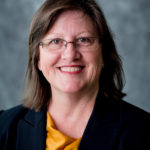 Tell me a little about yourself.
Tell me a little about yourself.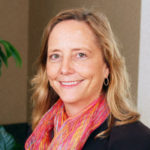 With her merited achievements and stark determination, Dr. Mary Daugherty has successfully shaped a career that utilizes her CFA designation and PhD all the while keeping her personal values a priority. When hearing about her numerous successes, many wonder, “How did she get started?”
With her merited achievements and stark determination, Dr. Mary Daugherty has successfully shaped a career that utilizes her CFA designation and PhD all the while keeping her personal values a priority. When hearing about her numerous successes, many wonder, “How did she get started?” 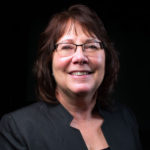 Tell me a little about yourself
Tell me a little about yourself 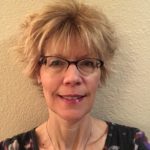 Tell me a little about yourself
Tell me a little about yourself